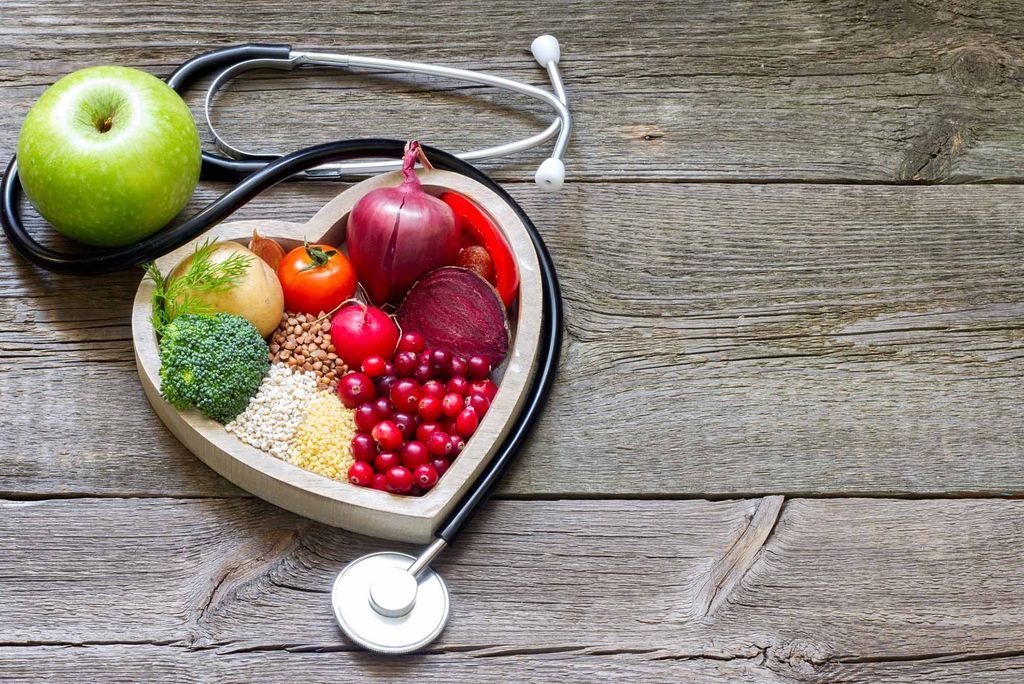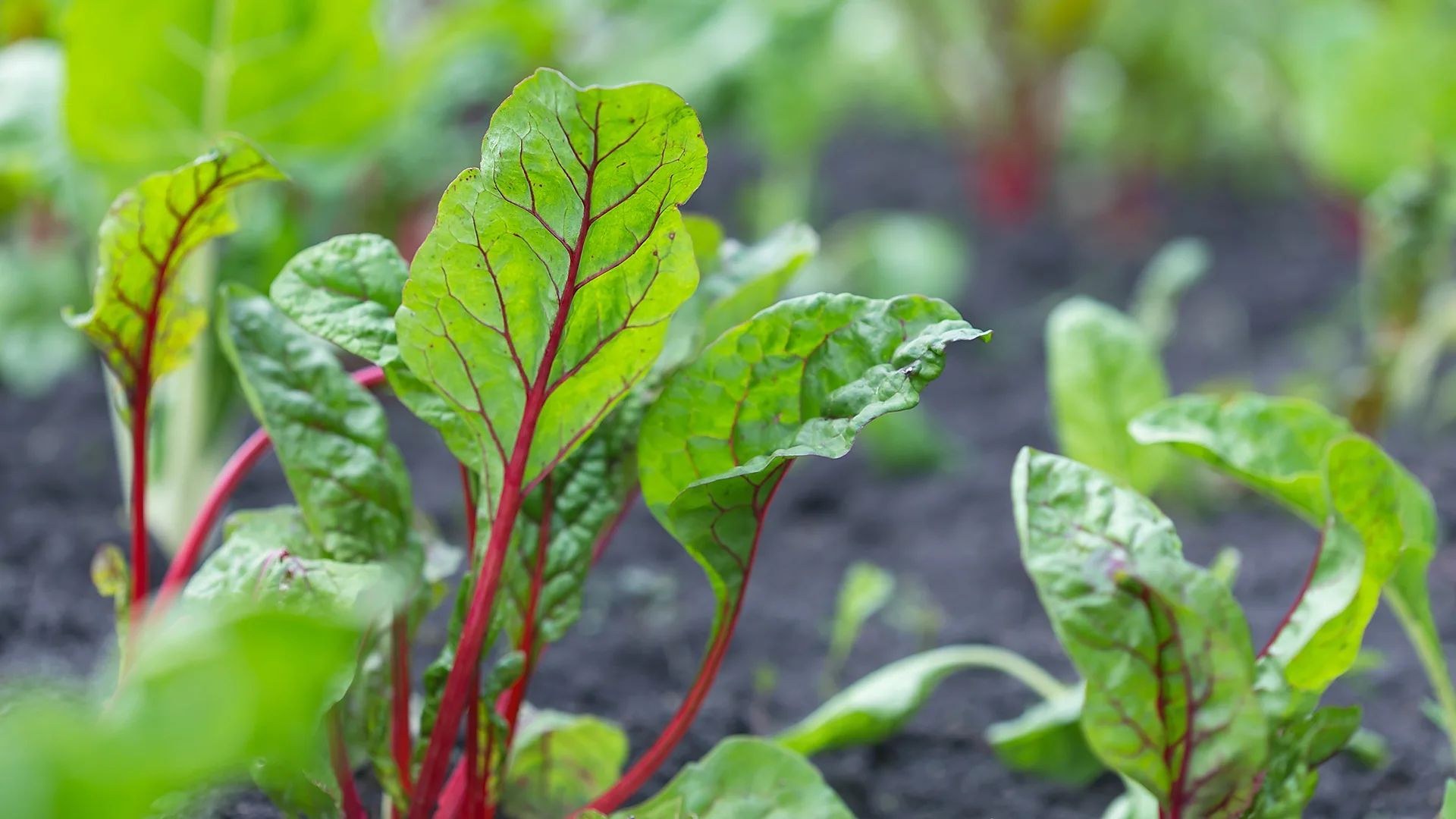Top Picks for a High-Fiber Diet: Insights from Nutritionists on the Best Foods
Fiber plays a crucial role in maintaining good health and proper body functioning. This special nutrient is essential for our body because it promotes regular bowel movements, supports gut health, aids in weight management, stabilizes blood sugar levels, and can lower cholesterol levels.
Mayo Clinic reports that men should take at least 30 to 38 grams daily, while women should shoot for at least 21 to 25 grams of fiber daily.
How does fiber benefit you?
Fiber plays a crucial role in aiding digestion. The insoluble fiber adds bulk to stools, making them move more efficiently through the digestive tract. Additionally, fiber stimulates the intestinal muscles, promoting rhythmic contractions known as peristalsis, which helps with the digestive process.
Constipation is caused by "excessively slow movements of the undigested food residue" through a person's large colon, said Dr. Joan Salge Blake, a registered dietitian nutritionist and nutrition professor at Boston University.
"If the stool hangs around too long in your colon, too much water will be reabsorbed, creating hard, dry stools that are more difficult and painful to get rid of," she added.
Fiber can also act as a prebiotic, which is great for gut health.
A healthy gut microbiome is vital for overall digestive function, including regular bowel movements," says Blake.
Raspberries are often called a "nutritious gem" due to their excellent health benefits. Just one cup of raspberries packs a powerful punch with eight grams of dietary fiber. Not only are they nutritious, but they also taste fantastic and are loaded with disease-fighting properties.
In fact, raspberries are rich in fiber, providing eight grams per cup, and they're also packed with antioxidants like vitamin C and flavonoids, which have antioxidant effects. These antioxidants help our bodies combat harmful substances and keep us healthy.
Besides raspberries, you should also consider adding blueberries, strawberries, and blackberries to your diet. These berries are packed with a variety of antioxidants, vitamins, minerals, and phytonutrients, all of which contribute to our overall well-being and help us stay healthy every day.
It's important to note that you should increase your fiber intake gradually, while drinking plenty of water to prevent digestive discomfort.
Fiber should be a staple in your daily food intake, so load up on fresh berries the next time you are in the grocery store.
Credits Perri Blumberg, These are the best foods for a high-fiber diet, according to nutritionists, https://www.yahoo.com/lifestyle/best-foods-high-fiber-diet-100010881.html
















